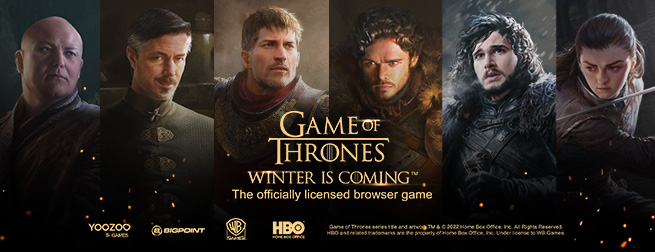-

2453 -

37751 -

14667 -

3389
60782 plików
21150,85 GB
 Foldery
Foldery Ostatnio pobierane pliki
Ostatnio pobierane pliki
- sortuj według:
- 10,7 MB
- 17 lip 11 15:43
zachomikowany
- 254,8 MB
- 17 lip 11 15:43
zachomikowany
- 14 KB
- 17 lip 11 15:43
zachomikowany
- 287 KB
- 17 lip 11 15:43
zachomikowany
- 5,0 MB
- 17 lip 11 15:43
zachomikowany
- 499 KB
- 17 lip 11 15:43
zachomikowany
- 11,3 MB
- 17 lip 11 15:43
zachomikowany
- 369 KB
- 17 lip 11 15:43
zachomikowany
- 26,7 MB
- 17 lip 11 15:43
zachomikowany
- 59 KB
- 17 lip 11 15:43
zachomikowany
- 106,9 MB
- 17 lip 11 15:43
zachomikowany
- 183 KB
- 17 lip 11 15:43
zachomikowany
- 286 KB
- 17 lip 11 15:43
zachomikowany
- 1,3 MB
- 17 lip 11 15:43
zachomikowany
- 109,2 MB
- 17 lip 11 15:43
zachomikowany
- 429 KB
- 17 lip 11 15:43
zachomikowany
- 151,4 MB
- 17 lip 11 15:43
zachomikowany
- 115 KB
- 17 lip 11 15:43
zachomikowany
- 138,0 MB
- 17 lip 11 15:43
zachomikowany
- 25 KB
- 17 lip 11 15:43
zachomikowany
- 490,1 MB
- 17 lip 11 15:43
zachomikowany
- 297 KB
- 17 lip 11 15:43
zachomikowany
- 4,2 MB
- 17 lip 11 15:43
zachomikowany
- 45 KB
- 17 lip 11 15:43
zachomikowany
-

464 -

880 -

245 -

474
2123 plików
71,98 GB
 Chomikowe rozmowy
Chomikowe rozmowy
 Zaprzyjaźnione i polecane chomiki (281)
Zaprzyjaźnione i polecane chomiki (281)



























 Pokaż wszystkie
Pokaż wszystkie Pokaż ostatnie
Pokaż ostatnie

 ZAPRASZAM
ZAPRASZAM 

